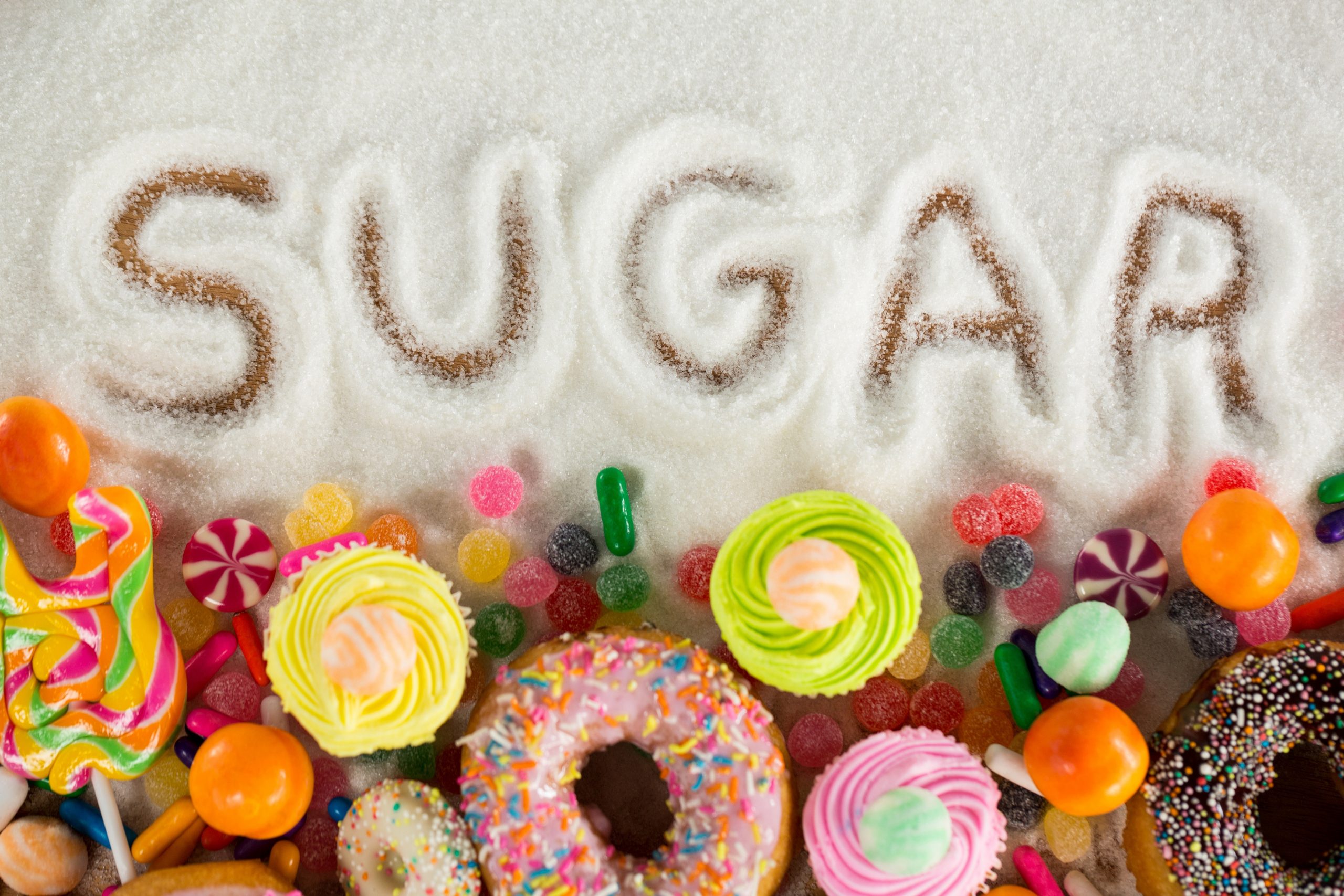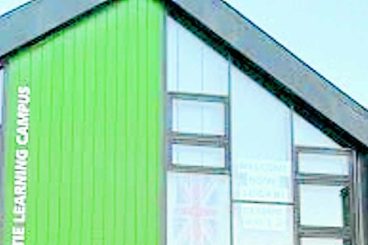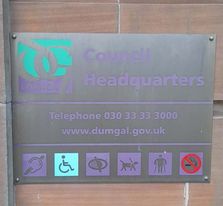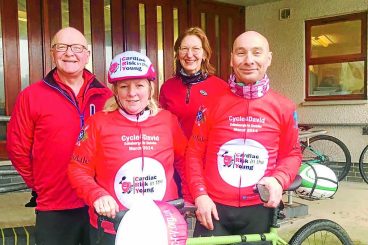And for some, that will mean a diet overhaul as there can be sugar hidden in the most unlikely of food stuffs. Health experts recommend that adults should eat no more than 30g of sugar per day for a balanced diet. But with some takeaway coffees containing up to 14 sugar cubes, it’s not always easy.
Alexandra Dickson is a community nutrition support dietitian for NHS Dumfries and Galloway and she explained the health effects of too much sugar: “Having a diet high in sugar can lead to an overall increase in calories consumed, which over time can lead to weight gain and obesity. This increases the risk of developing type 2 diabetes, as the body stops responding properly to insulin. When excess sugar is consumed, the lining of arteries surrounding the heart can become clogged and blocked, known as atherosclerosis. This can lead to heart disease.
“High blood pressure is also a concern with a diet high in sugar, as well as the obvious, tooth decay. When a person has a diet high in sugar, this often means their consumption of nutrient dense foods and drinks is reduced leading to potential deficiencies.”
Alexandra also offered some top tips to help readers reduce their sugar intake this year:
Look out for food labels; ingredients are listed in descending order, so in general, the higher sugar appears on the list, the more sugar the product contains. Use the traffic light system when looking at food labels. Aim for more ‘greens’ and ‘ambers’, and fewer ‘reds’.
Be aware of other terms for sugar used on labelling, such as cane sugar, honey, corn syrup, fructose, sucrose, nectars, dextrose etc.
Choose slow release carbohydrates, such as wholegrain bread/cereal/pasta, so you feel fuller for longer. This will help to prevent sugar cravings between meals.
Beware of ‘fat free’ products. Although the fat has been removed, the amount of sugar has been increased to ensure the product remains sweet and palatable. Fat free frozen yoghurt is an example with this being loaded with high fructose corn syrup.
Limit sugary drinks. Opt for sugar free or no added sugar drinks. Try still/sparkling water with fresh fruit added for flavour and sweetness. Be mindful that sweeteners have a more intense flavour than real sugar, meaning over time these products dull our senses to naturally sweet foods.
Involve children in meal preparation. Make fruit kebabs on skewers, vegetable sticks with homemade dip, etc. Healthier snacks rather than chocolate, sweets, biscuits are popcorn, oatcakes, unsalted nuts/rice cakes or fruit (fresh, frozen or tinned). Try to encourage high sugar foods/drinks as a treat and not included in the daily diet.
Don’t go ‘cold turkey’ – reducing sugar intake can be difficult but your taste buds will adjust. Aim to gradually reduce sugars in tea, or mix sweetened yoghurt with plain yoghurt then eventually aim for plain yoghurt with fruit added. <\!p>























